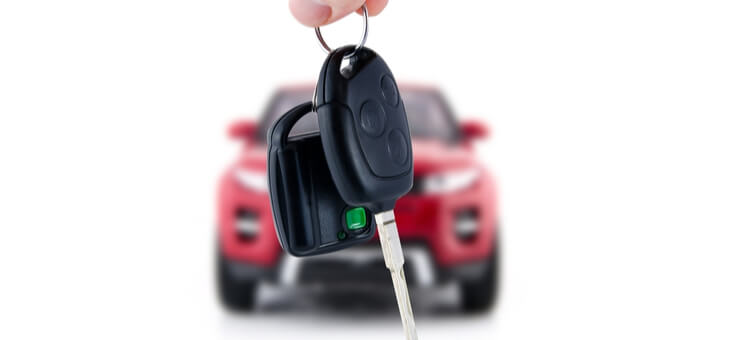People keep their cars too long for different reasons – sentimentality, they like the model, they believe a new car will cost too much.
But when does the cost of an old car outweigh the cost of a replacement?
If you’re driving a 20-year-old car with more than 200,000 on the odometer and registration and insurance are closing in on $2000, then unless it’s a fancy car, a rare model or exceptionally well maintained, it’s time for something new. Factor in a major repair, a yearly service, the cost of petrol and a set of new tyres and you’re likely looking at an annual bill that is more than the car is worth.
You should also consider that a car with high mileage is only going to present more problems due to wear and tear.
Read: Secondhand car buying tips
The first step in determining your options is to line up all the numbers.
Get three quotes for maintenance and repairs, but also find out how much your car is worth to sell in working condition on the open market, as a trade in or to a wrecker.
Next, investigate buying a new car, taking into account your budget and the cost of running a new car that will include registration and insurance, maybe loan costs, servicing, petrol, tyres, emergency service membership and any parking fees.
You should then have a clearer picture of the financial pros and cons and the decision might be made for you.
Read: How to buy a used car
According to the NRMA, a cheap secondhand car may well outweigh the cost of repairing an older car.
“Cutting your losses on your old car, then shopping smartly for a five-to-10-year-old, low-kilometre Japanese or Korean car in good condition can be the best way to avoid big repair bills in the future,” a group spokesperson said.
But there are ‘pros’ to holding on to your old car too.
Ultra Tune spokesperson Rod Cedaro told Canstar the benefits of owning an older car included styling and the quality of the build.
“Mechanically … they ‘don’t build them like they used to’: meaning that a well-maintained older vehicle that was built to do a lot higher mileage would outlast [many] a current day model,” he said.
And new cars often cost more money to maintain as the technology required to service them is expensive and requires regular upgrades.
However, all the financial sense in the world is not going to account for the love people have for their cars. If your ‘old’ car is giving you joy, keep it.
Read: Australia is becoming a dumping ground for polluting cars
If you have decided to buy another car, car sales site motorama.com.au says the ideal time to sell is when the resale price spikes above the depreciation amount.
The website states: “Depending on what kind of car you have, your resale value will be highest if your car is a recent model in a similar style and has been well maintained.”
“Luxury cars generally have the steepest depreciation in the first years of ownership, but will regain their resale value fairly quickly because of their limited availability.
“Popular cars tend to have a slower depreciation curve, because supply is plentiful – however their resale value spikes later on and depends more acutely on how well maintained the vehicle is.”
Have you struggled with the decision to sell a car? Have you kept an old car? Why not share your story in the comments section below?
If you enjoy our content, don’t keep it to yourself. Share our free eNews with your friends and encourage them to sign up.

